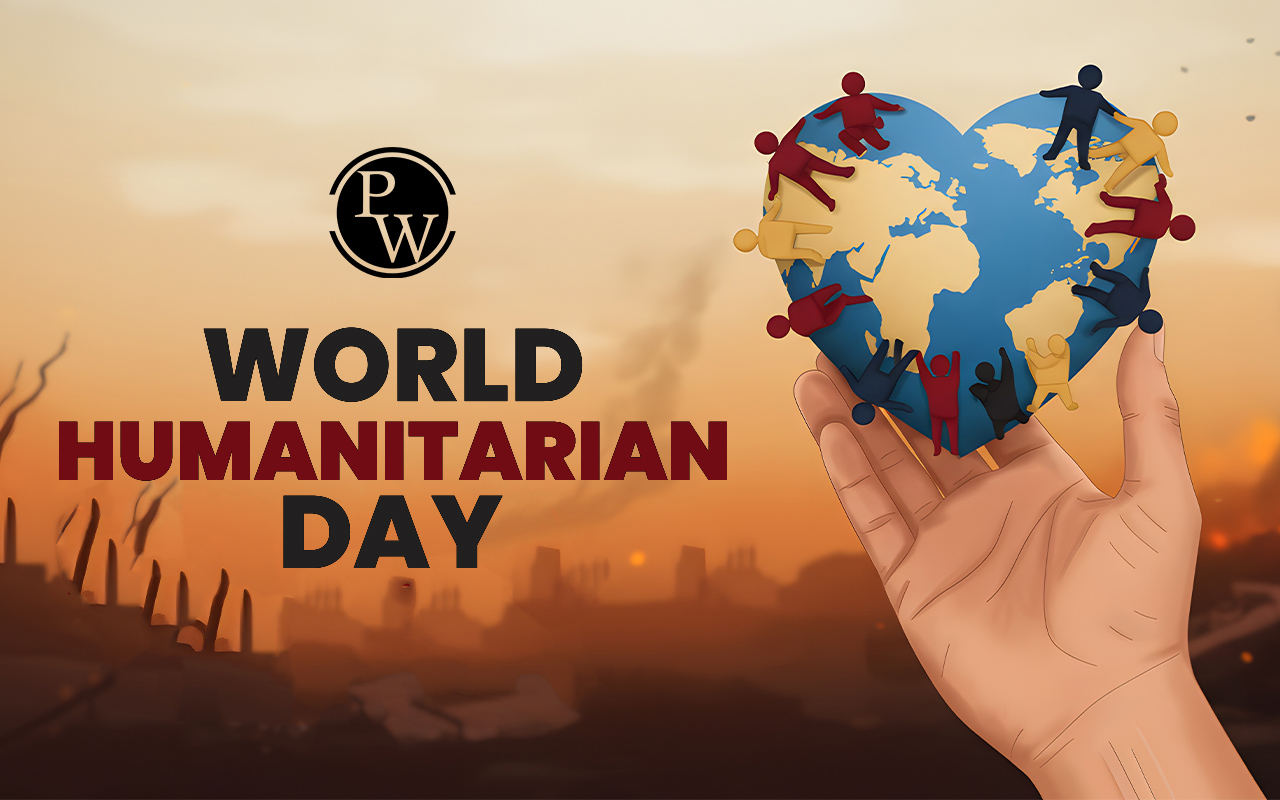

World Maritime Day is an annual global event celebrated to honor the role of seas, ships, and sailors. Oceans connect countries, carry goods, and help people travel. Ships are the lifelines of trade, carrying food, clothes, fuel, and many other items across the world. Without them, international trade would stop. To mark the importance of this field, the International Maritime Organization (IMO) started celebrating World Maritime Day.
The day focuses on reminding everyone of the safety at sea, protection of the marine environment, and the role of shipping in the world economy. It also shows respect for sailors who work hard on oceans far from their families.
World Maritime Day 2025
World Maritime Day 2025 will be celebrated on September 25, 2025. The exact date for celebration in the month of September is decided every year by the International Maritime Organization (IMO). It is a specialized agency of the United Nations. The event will bring together governments, shipping companies, ports, sailors, and the public to hold discussions on progress in the maritime world.
The day shines a light on the future of shipping. It also focuses on protecting oceans from pollution. The day is not only about ships but also about the people who work on them, ensuring global trade continues smoothly. World Maritime Day 2025 will also highlight international cooperation. Seas and oceans connect countries, and so maritime rules are required to govern these connections and cooperation.
World Maritime Day 2025 Theme
Every year, the International Maritime Organization assigns an official theme to celebrate World Maritime Day. The official theme for World Maritime Day 2025 is "Our Ocean, Our Obligation, Our Opportunity." The theme reflects on the importance of oceans in the world economy. More than 80% of global trade is transported by sea. Therefore, it is a source of income and a job for millions of people. The oceans are also home to a large number of marine species, and they also regulate the climate of Earth, mitigating the impacts of climate change.
World Maritime Day History
The history of World Maritime Day dates back to 1978. IMO decided to mark a day to highlight the importance of shipping safety and marine environment protection. The first official celebration took place in 1978.
-
Every year, this day is observed in September. Over the decades, the themes have covered many issues like oil pollution, maritime safety, new technologies, and green energy.
-
The International Maritime Organization (IMO) itself was founded in 1948, and it came into force in 1959. Its primary goal is to make shipping safe, secure, and eco-friendly. Currently, it has more than 170 member states.
-
World Maritime Day is used by IMO to spread awareness about international laws and standards that protect both ships and the environment.
Significance of World Maritime Day
World Maritime Day is a lot more than a symbolic annual event that is celebrated annually. It carries deep meaning for the global economy, environment, and society. The celebration of this day helps people learn about safe and sustainable shipping. The significance of World Maritime Day 2025 can be summarized as follows:
-
Supports global trade – Around 90% of world trade moves by ship. This day reminds us how vital they are for our daily lives.
-
Highlights seafarers – Millions of sailors work long hours in tough conditions. The day honors their service and sacrifices.
-
Promotes environmental care – Oceans face threats like oil spills, plastic, and climate change. The event urges nations to act responsibly.
-
Encourages safety – Shipping involves risks like storms, accidents, and piracy. Awareness of safety saves lives.
-
Educates youth – Schools and universities use this day to teach students about the maritime world and inspire careers.
Impact of Shipping on the Economy
Maritime transport is the backbone of the world economy. Without ships, countries cannot import or export goods. Ships carry items like oil, gas, wheat, rice, electronics, cars, and clothes. For developing nations, shipping is key to growth. The celebration of World Maritime Day 2025 will underline these benefits and show how better shipping can lead to stronger economies.
-
Ports create jobs for workers, engineers, and managers.
-
Shipbuilding industries employ thousands of people.
-
Fishing and tourism also benefit from safe seas.
-
A well-run shipping system reduces costs and improves trade balance.
International Maritime Organization
The International Maritime Organization (IMO) is a special agency of the United Nations. It was created to look after safety at sea, protect marine life, and ensure fair rules for global shipping. Almost every country that uses ships is a member of this organization. Its primary aim is to make sure ships follow the same rules everywhere in the world.
-
The IMO has made many important laws that cover pollution, safety, and the training of sailors. MARPOL is one such rule. It helps in reducing pollution from ships.
-
SOLAS focuses on the safety of lives at sea. These global agreements help countries work together, no matter where their ships travel.
-
IMO also guides countries on how to train sailors. It makes sure they are skilled, healthy, and ready to handle emergencies. Training covers navigation, handling cargo, and using modern technology.
-
IMO plays an important role in sustainable shipping. It has plans to cut carbon emissions from ships and promote cleaner fuels. Working with governments and companies, IMO creates a balance between trade and environmental care.
World Meteorological Organization
The World Meteorological Organization (WMO) is also an agency of the United Nations. It focuses on weather, climate, and water. It was formed to help countries share information on storms, rainfall, and climate change. Accurate forecasts are very important for sailors, farmers, and even ordinary citizens.
For the maritime world, WMO provides weather updates that help ships plan safe journeys. Storm warnings, cyclone tracking, and wave forecasts come from WMO systems. Without this information, shipping would face many risks, including accidents and delays.
Are you preparing for UPSC? Explore PW UPSC Courses to stay updated with key international events like World Maritime Day and others!
World Maritime Day 2025 FAQs
When will World Maritime Day 2025 be celebrated?
What is the theme of World Maritime Day 2025?
Why is World Maritime Day important?
Who started World Maritime Day and when?
What role does the IMO play in shipping?












